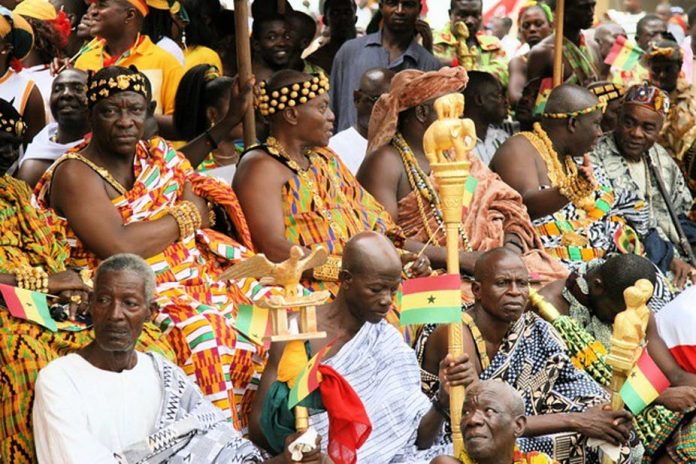By James Boafo
Small-scale mining forms an important sector of Ghana’s economy, employing one million people directly and supporting the livelihoods of about 4.5 million people. The industry accounts for 35% of the country’s total gold production.
Although Ghana requires permits to mine on a small scale, it is estimated that about 70% of small-scale miners are unregistered and operate illegally. They are known locally as galamsey, meaning to “gather and sell”.
While illegal mining supports livelihoods, it has caused severe damage to the environment. It is blamed for destruction of farmlands and pollution of water bodies. It also denies the state revenue: an estimated $2.3 billion in 2016.
Some scholars have argued that the cumbersome legal regime and licensing procedures are to blame for the proliferation of illicit mining. Others blame corruption, poverty and high unemployment, institutional weakness and the lack of political will to combat it. These views have gained currency in recent years along with the increasing involvement of foreign nationals, particularly Chinese, in the sector.
But the debates overlook how the relationship between state institutions and customary institutions enables illegality in the small-scale mining industry. Governments and customary institutions in Ghana have engaged in mining governance since colonial times. Yet academic scholars and policy commentators usually analyse the two institutions separately.
Our study focuses on this relationship. Our findings suggest that the increasing involvement of the Chinese in small-scale mining in Ghana is part of a bigger problem: the lack of coordination between key state and customary institutions.



